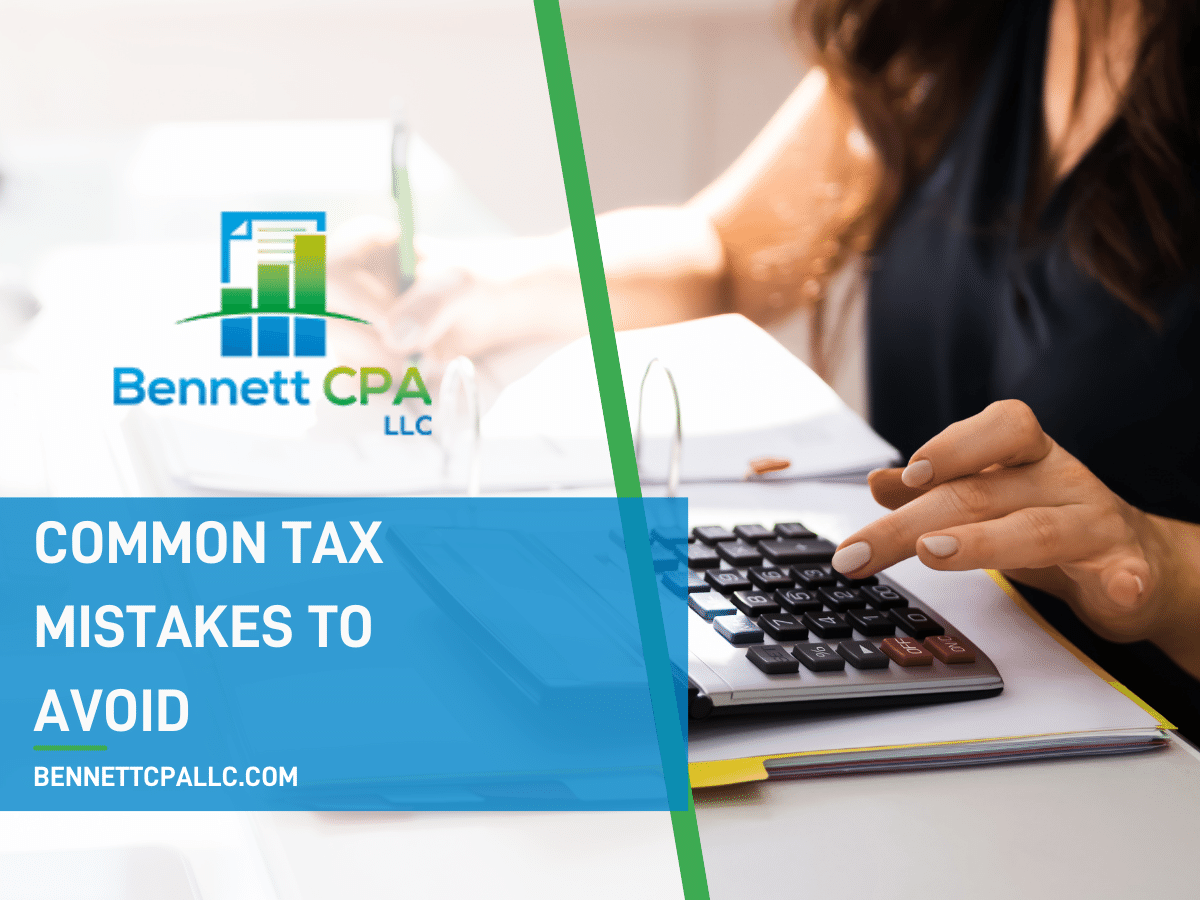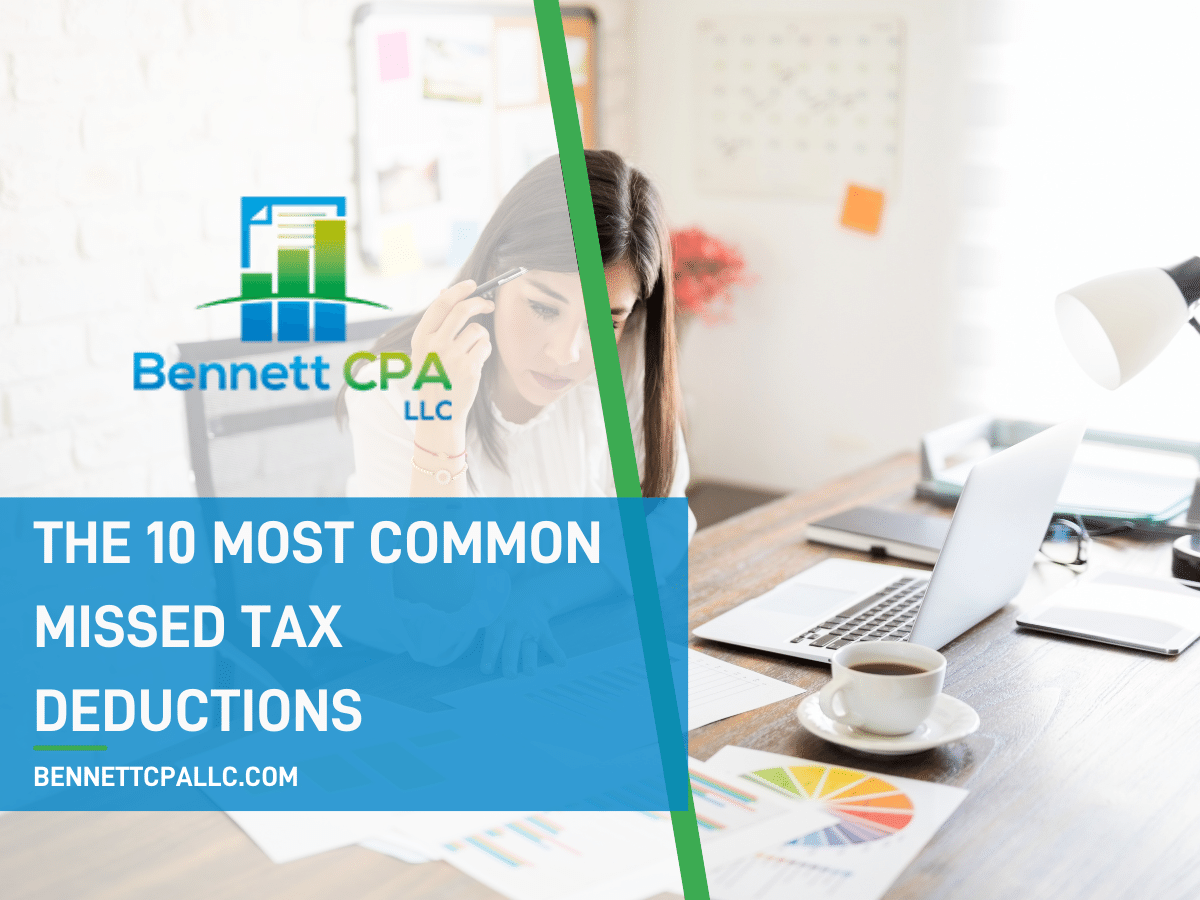It’s that time of year again! The holidays are here and with them come bonus payments. Bonus payments, or bonuses, can be a welcome source of extra income during the holidays. But before you make any plans for what to do with the extra cash, it’s important to understand how bonus payments are taxed.
At Bennett CPA, Merrill Bennett has years of experience filing business and individual taxes. As a CPA in Colorado Springs, you can have the confidence that your taxes are completed accurately and on time. Plus, Bennett CPA is here to answer your questions about taxation all year round.
Let’s take a look at what bonus payments are and whether they get taxed.

What is a Bonus Payment?
Bonus payments are additional wages paid to employees as a reward for their outstanding performance or other incentives. Bonus payments also may be given out at the end of the year or for achieving certain goals.
This extra income can be used to purchase gifts during the holidays, pay off debts, take a vacation, or save for the future.
Why Give Bonuses to Employees?
There are a number of reasons why a company would give their employees bonuses. For example, bonuses are a great way to reward employees for going above and beyond their typical duties. They also can be used as a form of motivation, encouraging employees to work harder and reach higher goals. Other reasons can include:
- Retaining valuable employees
- Rewarding dedicated staff members
- Improving employee morale
- Congratulating employees for meeting goals
- Thanking employees for a great year
Do Bonuses Get Taxed?
The short answer is: yes — bonuses are taxed. Taxes must be paid on any bonus payments received from an employer. Let’s take a look at the different types of taxes that may be applied to bonus payments.
Federal Income Tax
The IRS considers holiday bonuses as supplemental income. Therefore, when an employee receives a bonus payment, it must be reported on their income tax return. The federal income tax rate is 22% for supplemental income.
State Income Tax
In addition to federal income tax, most states also collect state income tax on bonus payments. The rate of taxation varies by state, so it’s important to be aware of the specific rules where you live. In Colorado, the tax rate for supplemental income is 4.55%.
Social Security Tax
You are required to pay Social Security tax on bonus payments. The Social Security rate is 6.2% of the total bonus amount you receive.
Medicare Tax
Medicare tax is also taken out of bonus payments. This rate is 1.45% of the total bonus amount.
Retirement Plan Contributions
In some cases, part of your bonus may be withheld for retirement planning contributions. This money can then be used to fund an IRA or 401k account, depending on the type of investment account you choose.
Taxes on bonus payments can be complex. But it’s crucial to know the laws where you live and how you should declare your bonus payments. It’s always best to consult a CPA before filing your taxes so you can ensure your bonus payments are taxed properly.
Plan For Tax Season With Bennett CPA
Holiday bonuses are a great way to celebrate the season and give back to your employees. However, it’s important to be aware that bonus payments are taxable. Federal, state, Social Security, and Medicare taxes must be paid on any bonus payments received.
By understanding the taxation rules of bonus payments, you can plan accordingly and make the most out of your holiday bonus. At Bennett CPA, Merrill Bennett can help you prepare for tax season and ensure that all documents are filed accurately. Contact Bennett CPA to learn more about how Bennett can help you with your taxes.





